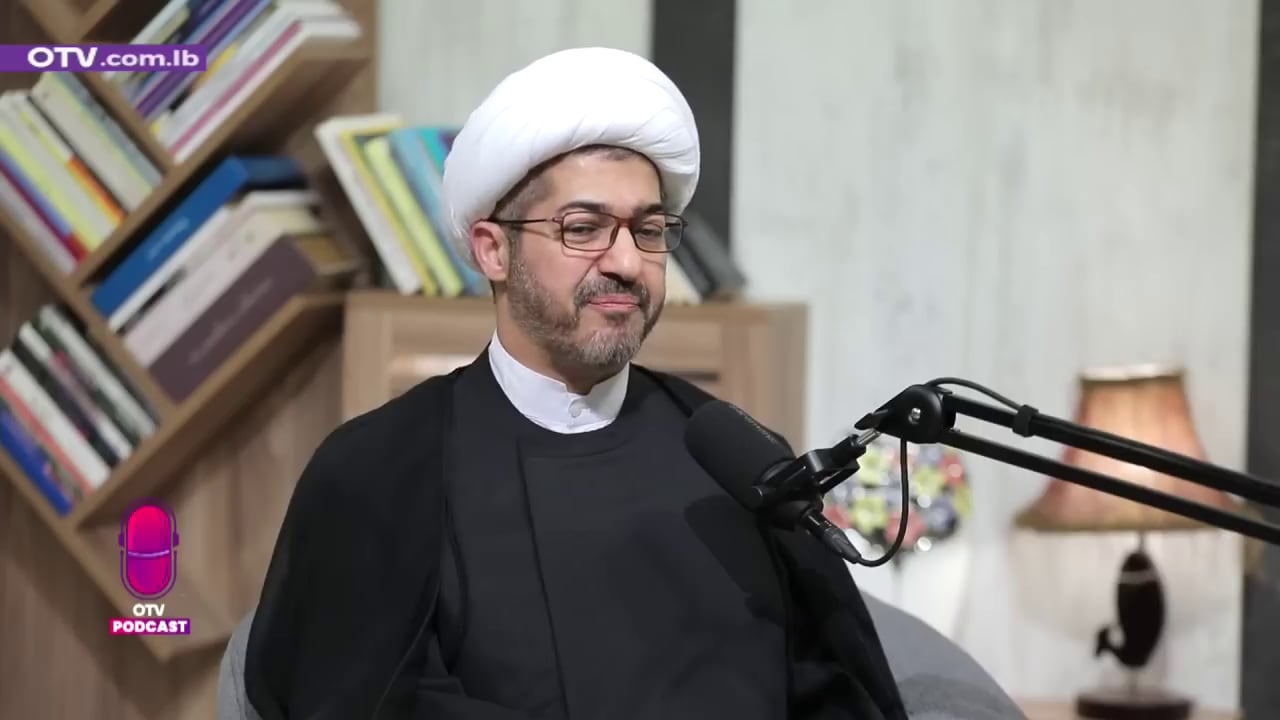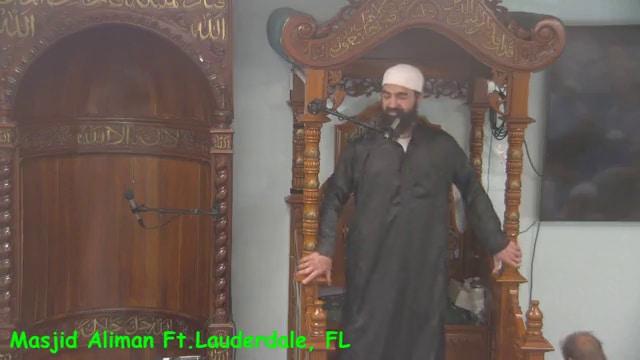
Following are excerpts from an interview with Iranian Deputy Foreign Minister Mohammad-Reza Baqeri, which aired on Channel 2, Iranian TV on October 19, 2006
Mohammad-Reza Baqeri: I remember that when I was called to report to the city of Sanandaj for my military service in 1975, I met a classmate, who had received his first degree together with me. He was a Sunni Kurdish teacher. He said to me: "We had been told that the Shiites had tails, so when I was in Tehran, I would go to the public baths, because I was curious to know whether this was true or not."
[…]
We do not believe that we must make Shiites become Sunnis, or vice versa. We believe that we have much in common, and our enemies are taking advantage of the fact that we ignore this. Whenever an explosion takes place in Iraq or Palestine, whenever the Israelis drop a bomb on the Palestinians, they do not distinguish between Shiites and Sunnis. All they care about is [generating] insecurity, which is the reason for their presence in the region. My theory is that just as a microbe can multiply only in filthy areas... As long as the region is filthy, the microbe of Israel and of America can easily multiply and grow stronger.
[…]
The president's remarks [about the Holocaust] constituted a kind of attack and a new point of view, which disarmed the enemies and people with weak foundations. We had information that when the new [Iranian] government was established, the global arrogance [the U.S.] made serious efforts to promote the peace issue between [the Palestinians] and Israel, by means of Arab and Islamic countries. The president's attack - the questions he raised - disrupted these plans. Their plan was that many leaders and officials from these [Arab] countries would hold a conference somewhere to discuss the issue of normalizing relations with the regime occupying Jerusalem. True, we are paying the price for this attack, but it was for the benefit of the Islamic world. In other words, the Islamic world is grateful for this attack and the basic question raised by [Ahmadinejad]. He asked one question, and made the whole world reflect on it. The fact that we are seeing some of the Jewish, Zionist, and American media protest excessively shows that this attack and this approach have managed to achieve their purposes and to make an impact.
[…]
Not only [Ahmadinejad] claims that [the Holocaust] is not true. As you can see, in Europe – in Switzerland and France - there are some great writers who wrote this, and consequently were imprisoned. Some writers in the East and West have dealt with this issue. I recall a case that happened when I was serving as ambassador to Turkey. The leaders of some of the parties, and even some leaders of governments at that time, used to say clearly: "If the Americans like the Israelis so much, they should give them places in America, Alaska, and their vast deserts. Why did they bring them to this sensitive region in the Middle East?"













